How to avoid soaping mistakes
I'm not saying that I never make soaping mistakes, but I have figured out how to get my recipes right 99% of the time. I am on a soapmaking group on FB and every day or so someone will post that they forgot to add an oil or a butter to the recipe, or wondering why the soap hasn't turned out right. I am surprised because I don't have this much trouble. Here are five tips from my experience with soapmaking that will help you to avoid soaping mistakes.
You can skimp on all equipment except for scales
It is absolutely important to have stable and accurate scales so that you can measure exactly the right amount of fats/oils and caustic. One of the biggest causes of soaping mistakes is inaccurate measurement of oils or caustic, which results in incomplete reaction and soap that turns out too soft (or too caustic/ high pH).
Keep your recipe simple at first
The more complicated your recipe, the easier it is to make a mistake, leave something out or measure something incorrectly. My simplest soap recipes is just tallow, caustic and water, and all my recipes build from there. I have seen recipes with several oils and butters, I don't know if they really change the final soap, but they certainly add to the complexity (and expense). As a beginner, start simple and get some practice before trying a recipes with a long list of ingredients.
Use batch sheets so you get the recipe right
Each time I make soap I write or print the recipe with the ingredients in the order I will use them. I get all the ingredients out on the bench and set them out in order. I then tick off each ingredient as I use it. This way you can't forget an ingredient or get the amount wrong, as I am carefully following the recipe. You can also double-check the whole thing in a soap calculator just to be sure (I see that people often confuse onces for grams etc, make sure you also get the units right!).
Make detailed notes
Sometimes things go wrong even though the recipe *should* work, sometimes things just don't come together as you expect. If you take notes including times and temperatures, you work out what went wrong and what you can do differently next time. People find that some essential oils, fragrance oils, and other ingredients will "accelerate" trace (the soap gets thick really quickly), so making a notes of which ingredients cause these problems will help you in future. For example, when I first made salt soap I didn't know it would be so hard that I couldn't cut it after 12 hours. Now I know to cut it after 4-6 hours.
Do your research
Whether you are following a recipe or trying out your own invention, its a good idea to do some research first (I would have found out that salt soap is too hard to cut!). I think its worth reading a few blog posts to find out about a new soap ingredient before you use it, but also keep in mind that things might be different (especially when using natural ingredients), so you might get different results.
My favourite soap blogs for inspiration, ideas and advice are:
Lovely Greens
Soap Queen
and The Nerdy Farm Wife
You can find out more about tallow soap in my eBook Make your own natural soap
Other posts about soap:
















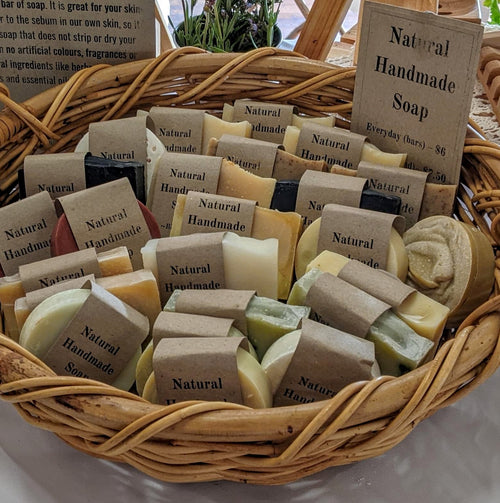
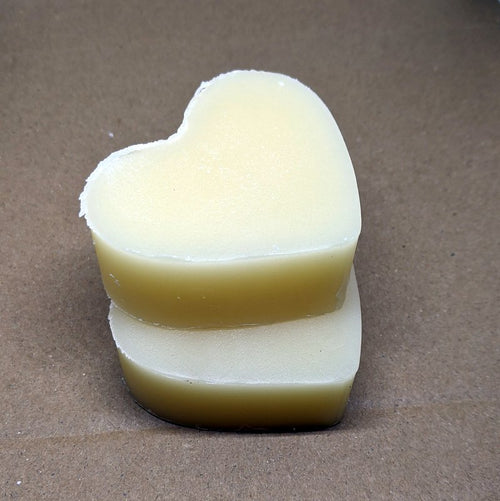
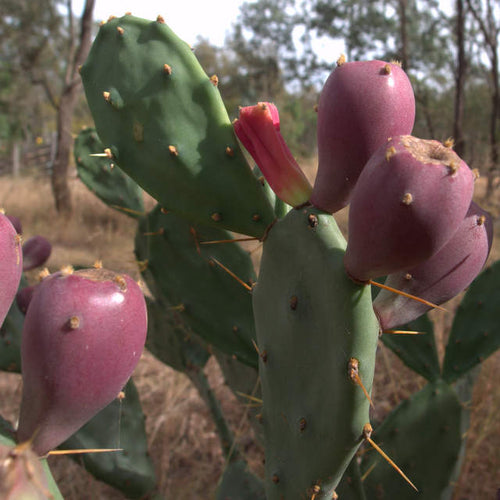
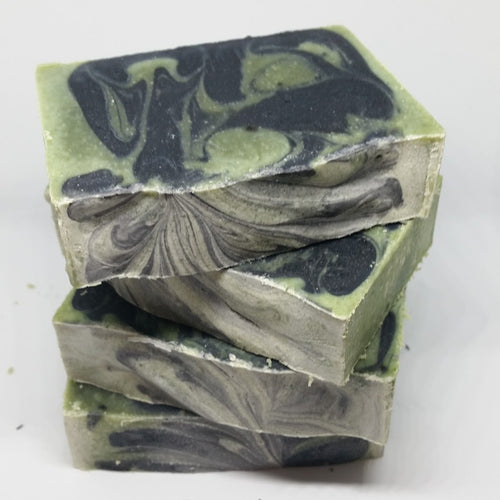
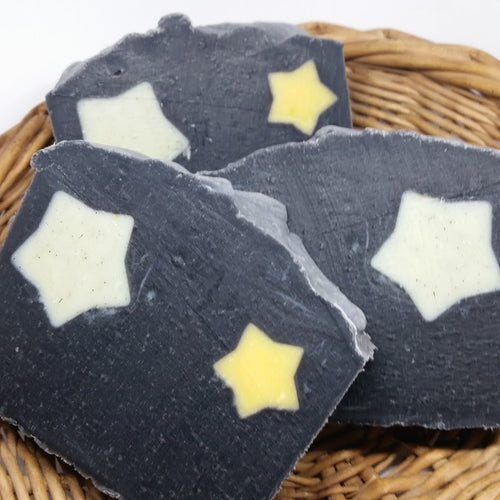



Leave a comment